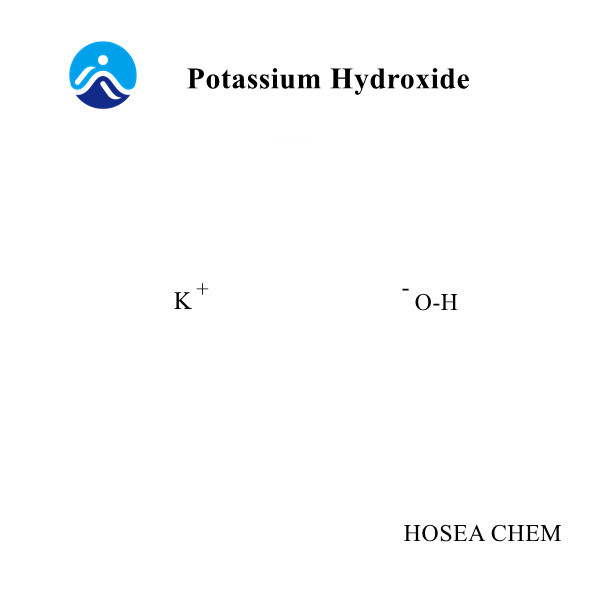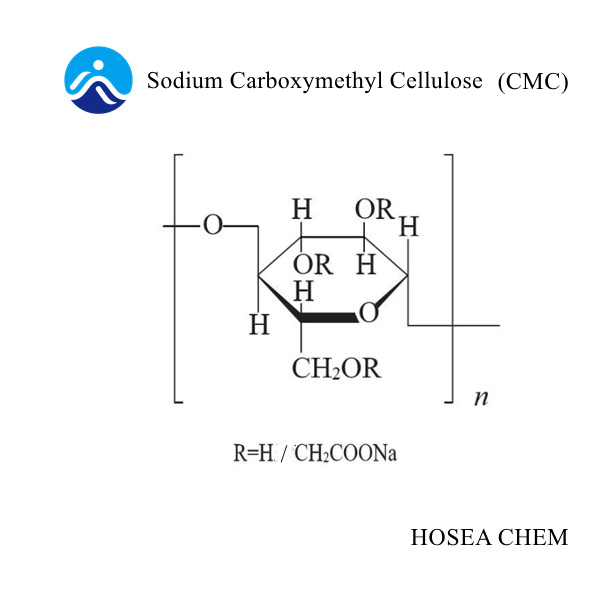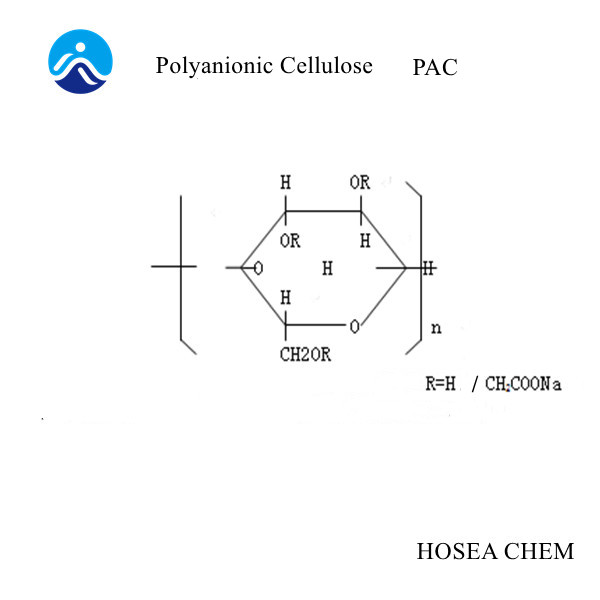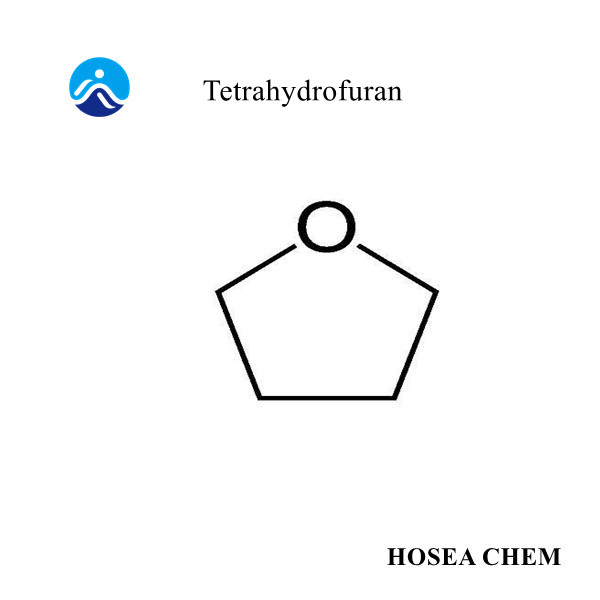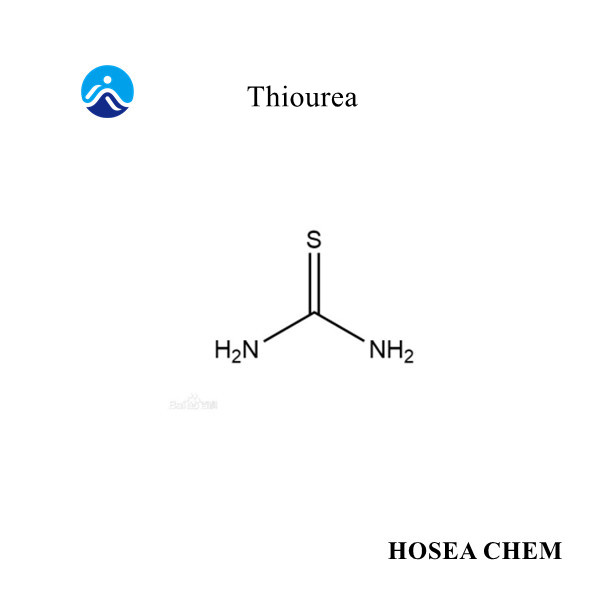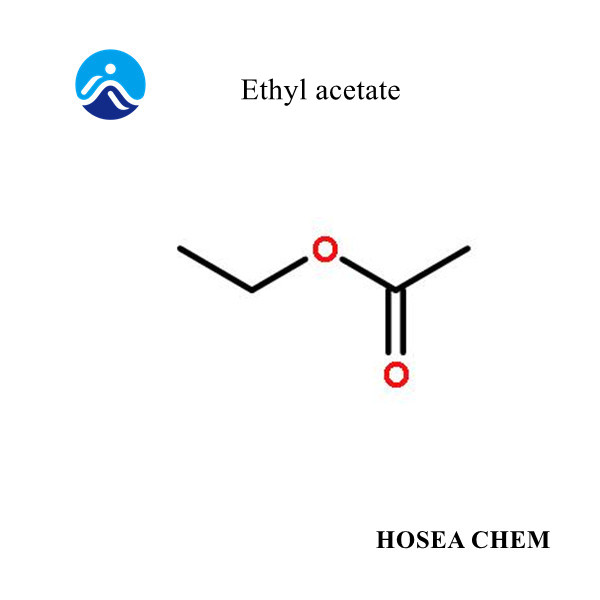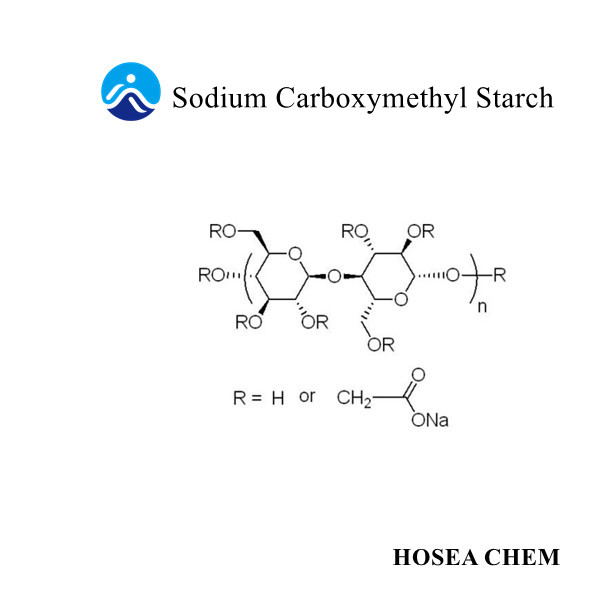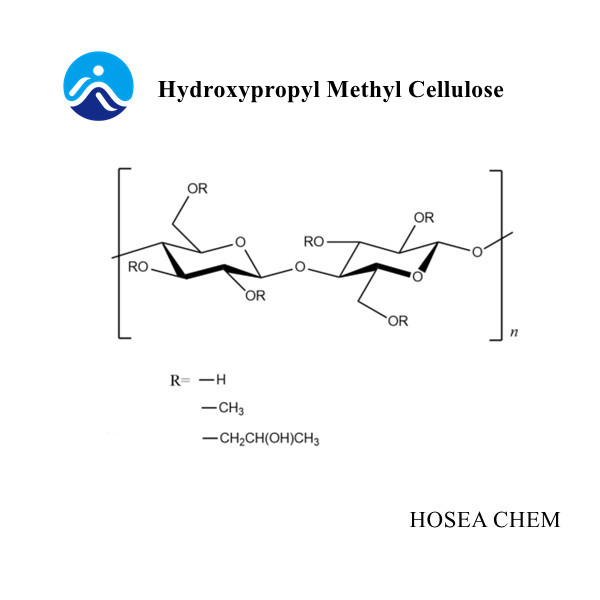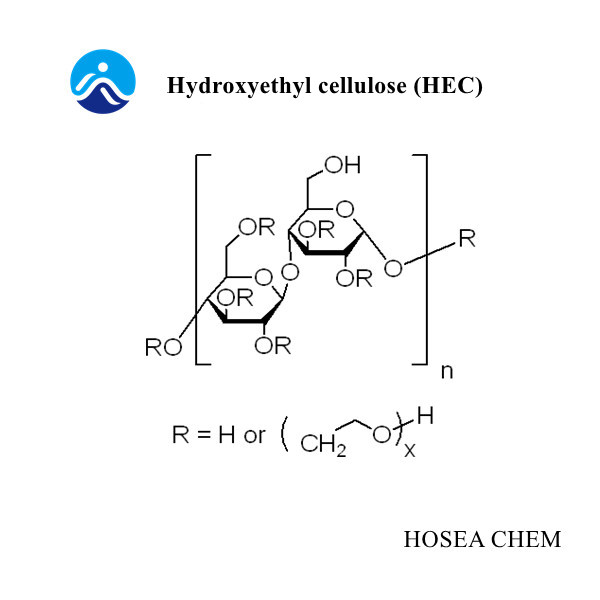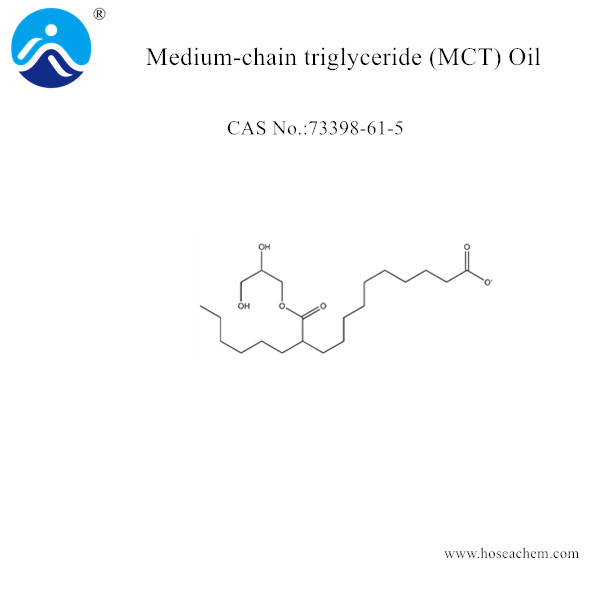Medium-Chain Triglyceride (MCT) Oil
Hosea Chem® has been supplying MCT Oil (CAS 73398-61-5) with high quality and competitive price for many years, covering most of the European, American, etc. Send Inquiry
Product Description
MCT Oil
Chemical Name: Caprylic;Capric Triglyceride;Medium-Chain Triglyceride Oil;MCT Oil;CAS 73398-61-5
EINECS No.: 277-452-2
Chemical Formula: C21H39O6
Molecular Weight: 387.53076
Melting point<: -5°C
Boiling point>: 300℃
Flash point >: 220°C
Density: 0.94-0.96
Molecular Structure:
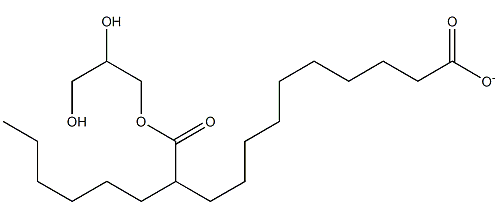
Description
Ethylene carbonate is a high-value organic compound known for its exceptional solvency and electrolyte formulation capabilities. Produced through the reaction of ethylene oxide and carbon dioxide, this compound is pivotal in numerous applications, including but not limited to, advanced energy storage and polymer production.
MCT Oil Standard
Appearance: Colourless Liquid
Content %≥: 99.9
Density : 0.94-0.96
Vapor pressure (20℃): 0-0 Pa
Refractive index n20/D: 1.4199
Explosive limit %(v): 3.6-16.1
Application
1. MCT oil is a cornerstone supplement for those following a ketogenic diet. The liver efficiently converts its medium-chain fatty acids into ketones, providing an immediate energy source that can help maintain ketosis, the metabolic state central to the ketogenic diet.
2. MCT oil has been studied for its potential to support weight loss by increasing energy expenditure and satiety. Unlike other fats, MCTs are thermogenic and can increase fat oxidation.
3. MCT oil is believed to offer cognitive benefits due to its ability to increase ketone production. Ketones serve as an alternative energy source for the brain, potentially supporting cognitive function, focus, and memory.
4. Athletes and fitness enthusiasts use MCT oil to enhance energy levels and endurance during workouts. Due to its rapid absorption, MCT oil provides a quick source of energy that is readily available during physical activity.
5. MCT oil is also used in skin and hair care products beyond its dietary benefits. Its light texture and moisturizing properties make it an excellent choice for nourishing and hydrating the skin and hair.
6. MCT oil has been explored for medical applications, particularly in managing epilepsy, Alzheimer’s disease, and certain metabolic disorders. Its ability to increase ketone production is the basis for its use in therapeutic diets to manage these conditions.
Storge & Handling
MCT oil shall be packaged in airtight containers to prevent oxidation and maintain its freshness and effectiveness. The packaging is usually done in an inert atmosphere or under nitrogen to protect the oil from exposure to air. MCT oil should be stored below 25°C and not exposed to temperatures over 40°C for extended periods. In cold environments, it may thicken or solidify. Ensure the oil is thoroughly melted and mixed before use, but avoid overheating.
Packing
190KG/Drum


